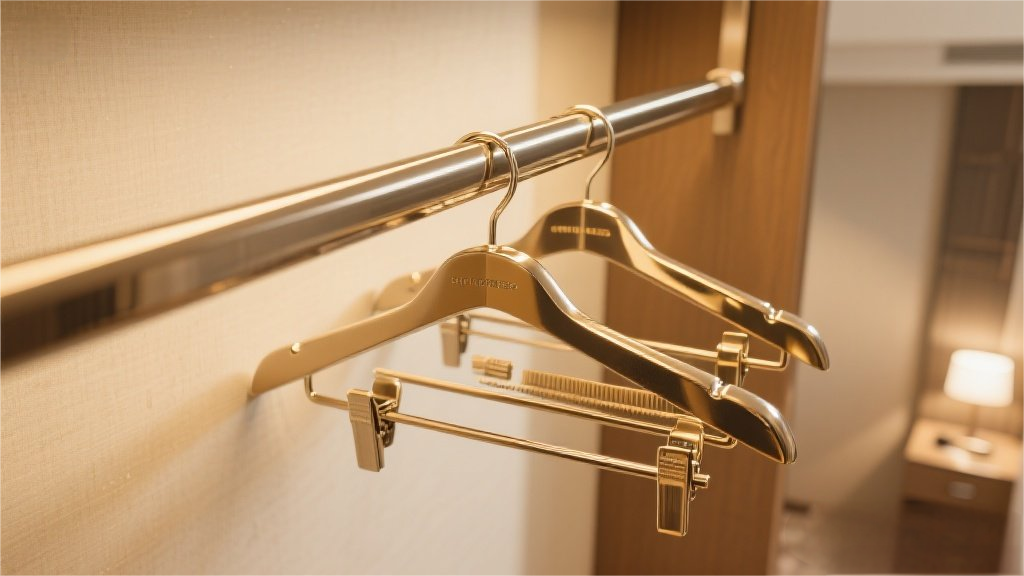Summer was amazing because of . . . food! Aside from all the fresh veggies in my garden, I was enjoying lots of neighborhood barbecues, goodies at the farmers market, late-night trips to the local ice cream shop, and s'mores by the campfire. I got in the habit of eating past 9 p.m., right before I got into bed. Before the Summer, I rarely ate past 7 p.m., so it was a big difference. Eating more foods I wasn't used to and eating up until I went to bed added a little extra Summer fluff, but what I really noticed was that I was sleeping like crap. Eating so close to bedtime left me feeling bloated, and I'd often wake up several times a night because of stomach pains.
The Science Behind Late-Night Eating and Sleep Disruption
When you chow down right before hitting the sack, your body has to work overtime to digest that food instead of focusing on rest and recovery. Digestion slows down during sleep, so if you’re stuffing your face with a burger or ice cream at 9 p.m., your stomach is basically stuck in overtime while the rest of your body is trying to power down. This mismatch can lead to bloating, acid reflux, and even weirdly vivid dreams because your brain isn’t fully settling into deep sleep. Research shows that eating too close to bedtime can mess with your circadian rhythm—your body’s internal clock—which regulates everything from metabolism to hormone production. So yeah, that midnight snack might taste amazing, but your body is silently judging you for it.
How Intermittent Fasting Played a Role
Before summer rolled around, I was pretty disciplined with my intermittent fasting (IF) routine—eating between noon and 7 p.m., then fasting until the next day. It worked great for me because it gave my digestive system a solid break and kept my energy levels steady. But summer threw a wrench in that system. Suddenly, I was extending my eating window to 9 p.m. or later, which meant my body wasn’t getting that crucial fasting period to reset. IF isn’t just about weight management; it’s about giving your gut a chance to rest, reducing inflammation, and even improving insulin sensitivity. Stretching my eating window to 15:9 (instead of my usual 16:8 or 18:6) meant my body wasn’t getting those full benefits, and I could feel it in my sluggish mornings and restless nights.
The Experiment: Cutting Off Food Three Hours Before Bed
Taking Dr. Sultana’s advice seriously, I decided to test out a hard stop on eating by 6 p.m. every night. At first, it felt brutal—like I was punishing myself for enjoying life. But after a few days, I noticed changes. My stomach wasn’t doing somersaults when I lay down, and I wasn’t waking up at 2 a.m. feeling like I’d swallowed a brick. The biggest surprise? My workouts improved. Without a heavy dinner sitting in my gut, my morning CrossFit sessions felt lighter, and my runs were smoother. Even my yoga practice felt more focused because I wasn’t fighting off that post-dinner bloat. By the end of September, my sleep quality had skyrocketed—I was falling asleep faster, staying asleep longer, and waking up feeling refreshed instead of groggy.
Why Timing Matters More Than You Think
It’s not just about what you eat but when you eat it. Your body’s metabolism operates on a schedule, and late-night eating throws that schedule out of whack. Cortisol (the stress hormone) and melatonin (the sleep hormone) are directly influenced by your eating patterns. If you’re digesting food when you should be winding down, your cortisol levels stay elevated, making it harder to fall asleep. On the flip side, eating earlier aligns with your natural circadian rhythm, allowing your body to properly process nutrients and enter a deep, restorative sleep. Think of it like this: your body has a VIP section for digestion, and if you show up too late, you’re stuck waiting in line while the bouncer (your metabolism) gives you the side-eye.
Tips for Adjusting Your Eating Schedule
If you’re used to late-night munching, shifting your eating window can feel impossible at first. Here’s what worked for me:
Summer taught me that food is meant to be enjoyed, but timing is everything. By giving my body a proper break before bed, I reclaimed my sleep, energy, and overall well-being. So if you’re struggling with restless nights or sluggish mornings, try pushing dinner earlier—it might just be the game-changer you need.























